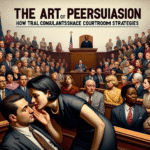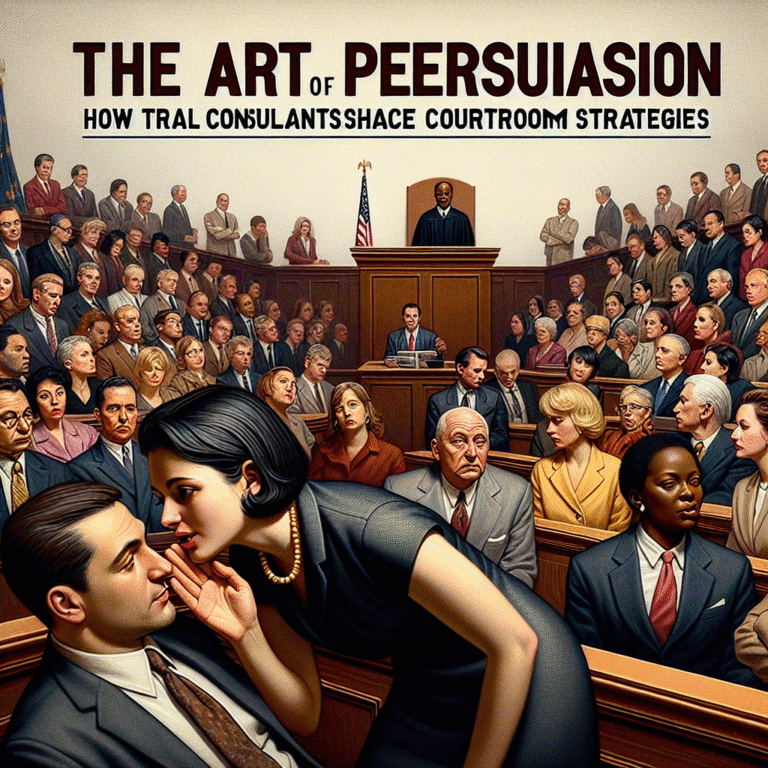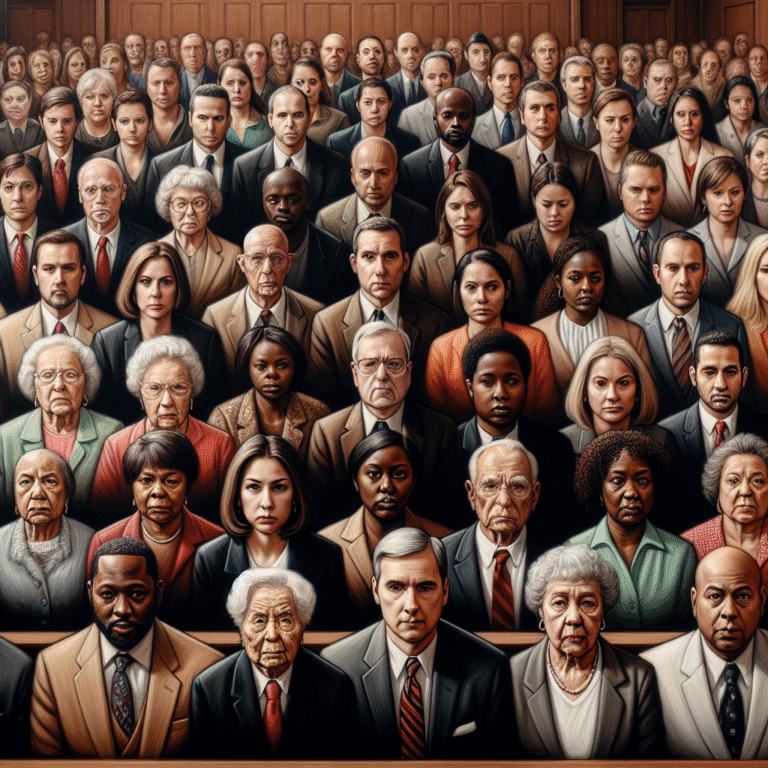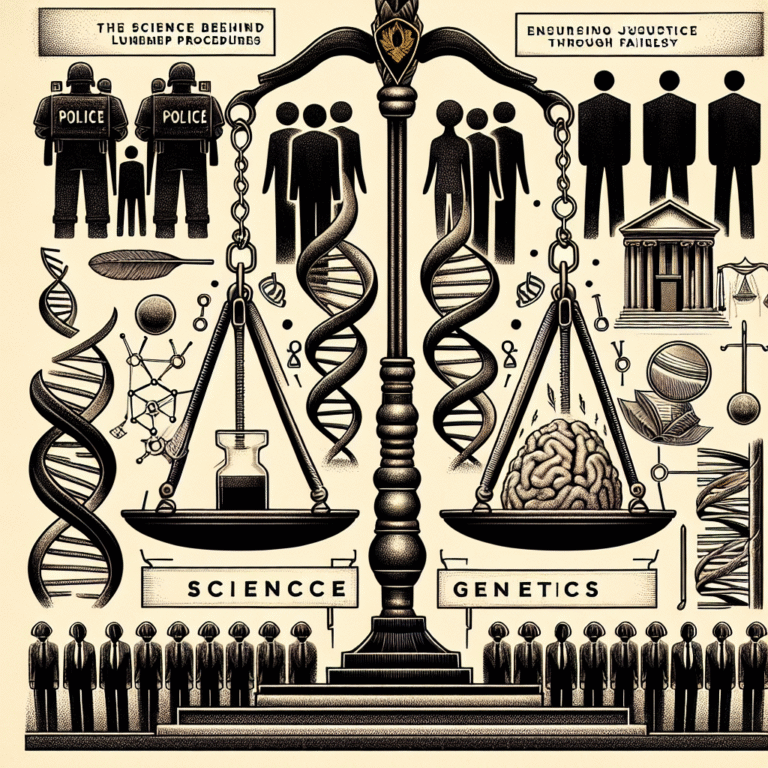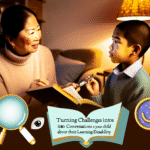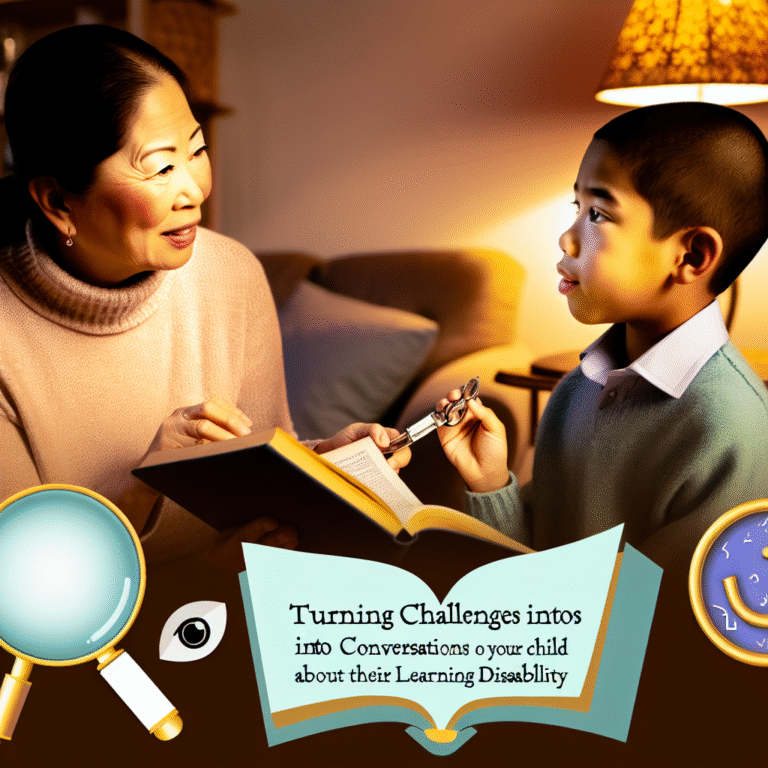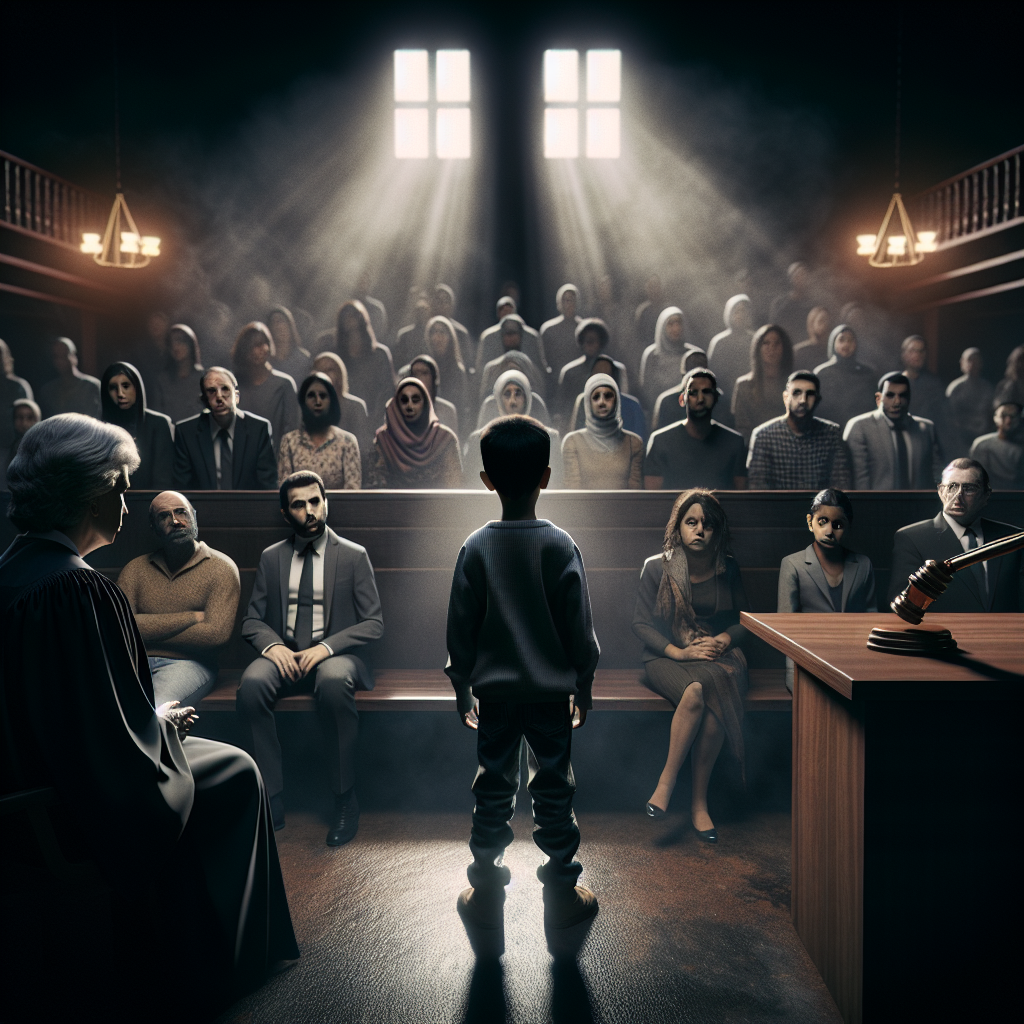
The Importance of Understanding Child Witnesses
In the courtroom, the testimonies given by witnesses can shape the outcome of a trial. Among these witnesses, children introduce a unique set of dynamics that warrant careful consideration. In the courtroom: understanding the strength and limitations of child witnesses is essential for legal practitioners, jurors, and society at large. As vulnerable members of our society, children often find themselves at the center of critical legal matters, from abuse cases to custody disputes.
This intricate web of factors surrounding child witnesses demands a nuanced understanding of both their strengths and limitations. The implications of failing to consider these factors can lead to grave injustices. As we delve deeper into this topic, we will explore the psychological, legal, and social dimensions that shape a child’s testimony.
The Unique Perspective of Child Witnesses
1. Cognitive Development Stages
Children’s cognitive abilities vary significantly based on their developmental stage. Understanding these stages is crucial in the courtroom.
| Age Group | Cognitive Abilities | Legal Implications |
|---|---|---|
| 2-3 years | Limited recall, reliance on parents | Testimony may lack reliability. |
| 4-5 years | Basic cause-and-effect understanding | More reliable but still susceptible to leading questions. |
| 6-7 years | Improved memory and reasoning skills | Can provide relevant testimony but may be suggestible. |
| 8-10 years | Enhanced articulation and critical thinking | More reliable testimonies, yet emotional factors may still influence. |
| 11 years + | Mature reasoning, ability to understand context | Most reliable, similar to adult testimonies. |
As illustrated in the table above, a child’s age significantly impacts their cognitive abilities and thus the reliability of their testimony.
2. Emotional Factors
When discussing understanding the strength and limitations of child witnesses, emotional stability plays a pivotal role. Children who experience trauma may have difficulty articulating their experiences. Stressful environments can lead to incomplete recollections or even fabricated memories. For example, in the case of State v. Rojas, a child witness retracted their testimony after being subjected to aggressive questioning.
3. Social Influences
Children are heavily influenced by their social environment. Parental support, peer interactions, and cultural norms can affect how they perceive and recount events. In a landmark study, researchers found that children’s accounts of events were significantly shaped by the narratives provided by their parents. This underscores the importance of a supportive interviewing environment.
Case Studies: Real-World Applications
The Case of Mary Ellen Wilson (1874)
The case of Mary Ellen Wilson is one of the first known cases of child abuse in the United States that was publicly prosecuted. Mary Ellen, a 10-year-old girl, was subjected to severe abuse from her adoptive mother. Her testimony, a heartbreaking account of her experiences, mobilized public opinion against child abuse. The strength of her witness account not only led to her rescue but also sparked a national discussion about child welfare legislation.
Analysis: This case exemplifies the power of a child’s voice in the courtroom and how it can lead to transformative change.
The McMartin Preschool Trial (1980s)
Conversely, the infamous McMartin preschool trial highlighted the limitations of child witnesses. During the trial, multiple children accused staff of sexual abuse after suggestive questioning practices. However, due to the lack of solid evidence, all charges were eventually dismissed.
Analysis: This case sheds light on the risks of leading questions and the vulnerabilities children face in a trial setting.
3. The Overturned Conviction of the “West Memphis Three” (1994)
In a controversial case, three teenagers were wrongfully convicted of murder based partially on testimony from children who claimed to see the crime. Subsequently, the case was re-examined, leading to the release of the convicted individuals after years of wrongful imprisonment.
Analysis: This case highlights the importance of scrutinizing child testimonies, particularly when they form the backbone of significant judicial decisions.
Legal Framework Surrounding Child Witnesses
1. Legal Standards and Safeguards
Understanding the strength and limitations of child witnesses is tied to the legal safeguards in place. Many jurisdictions have specific rules designed to protect child witnesses during the courtroom process. For instance, some courts permit the use of video testimonies to reduce the stress associated with direct cross-examination.
2. Expert Testimonies
In many cases, expert witnesses, such as child psychologists, are used to assess the reliability of children’s testimonies. They can provide insights into whether a child’s mental state or developmental stage may have impacted their ability to accurately recall events.
3. Jury Considerations
Jurors are often challenged to evaluate child witnesses critically yet empathetically. The American Psychological Association has published guidelines to assist jurors in understanding the developmental characteristics of children that can affect their testimonies.
Enhancing the Testimonial Process
1. Best Practices for Interviewing Child Witnesses
To maximize the reliability of child testimonies, professionals must adopt age-appropriate interviewing techniques. Utilizing open-ended questions and a non-threatening approach can significantly improve the accuracy of a child’s account.
2. Training for Legal Practitioners
Law enforcement and attorneys should receive specialized training on the cognitive and emotional development of children. Understanding that a child’s manner of expression differs from adults can aid in effectively gathering testimony.
3. Legislative Reforms
Ongoing advocacy for reforms is necessary. Policymakers must evaluate existing laws to ensure that children are not placed in situations that could compromise their mental health and the integrity of their testimonies.
Conclusion: Cultivating a Better Future for Child Witnesses
The courtroom remains a critical arena where the voices of child witnesses can yield both justice and injustice. By focusing on understanding the strength and limitations of child witnesses, we can develop more robust legal frameworks that protect vulnerable children while also honoring the truth.
The Path Forward
Practical measures, such as workshops for legal practitioners, legislative reforms, and public awareness campaigns, can significantly enhance the experience of child witnesses in the courtroom. Ensuring children are treated with the respect and understanding they deserve is our responsibility as a society.
FAQs Section
1. Why are child witnesses considered less reliable than adult witnesses?
Children possess cognitive and emotional maturity levels lower than adults, which can affect their recollection and articulation of events. Their susceptibility to suggestion also amplifies this concern.
2. How can attorneys effectively prepare child witnesses for testimony?
Effective preparation includes building rapport, providing a comfortable environment, and employing child-friendly language. Mock trials may also help them feel more at ease.
3. Are there legal protections for child witnesses during trials?
Yes, various legal protections are designed to minimize trauma. These can include closed courtrooms, video testimonies, and support from caregivers during questioning.
4. Can expert testimony improve the evaluation of child witnesses?
Absolutely. Experts can provide insights into the psychological aspects of child testimony, helping juries understand the context behind the child’s statements.
5. What role does parental influence play in a child’s testimony?
Parental influence can significantly affect how children remember and recount events. Encouragement or suggestive questioning from parents can lead to inaccuracies in a child’s testimony.
In the quest to better understand child witnesses in the courtroom, we must embrace the nuances of their experiences and amplify their voices. In the courtroom: understanding the strength and limitations of child witnesses is not just a legal obligation—it’s a moral imperative that can shape our justice system for the better.

